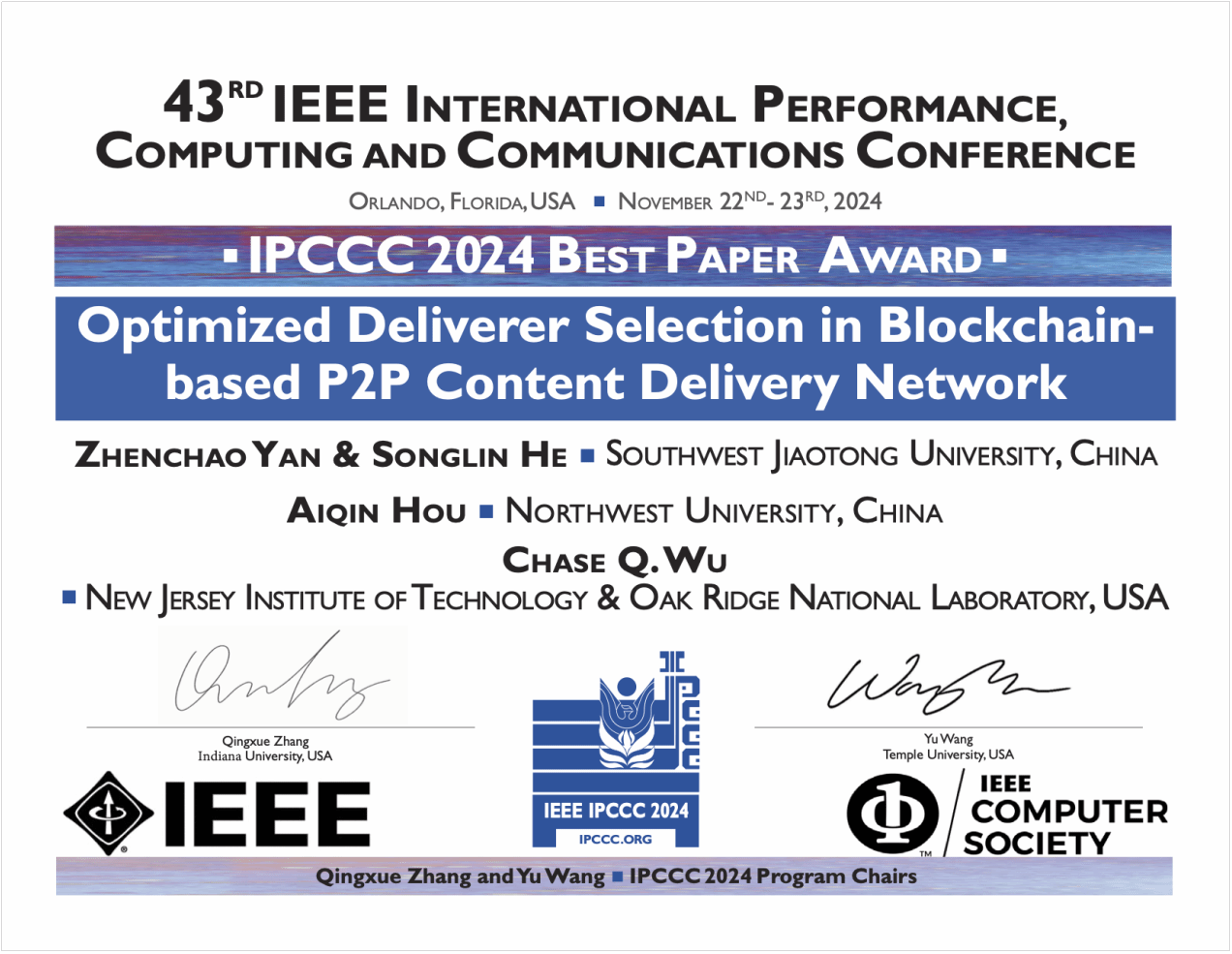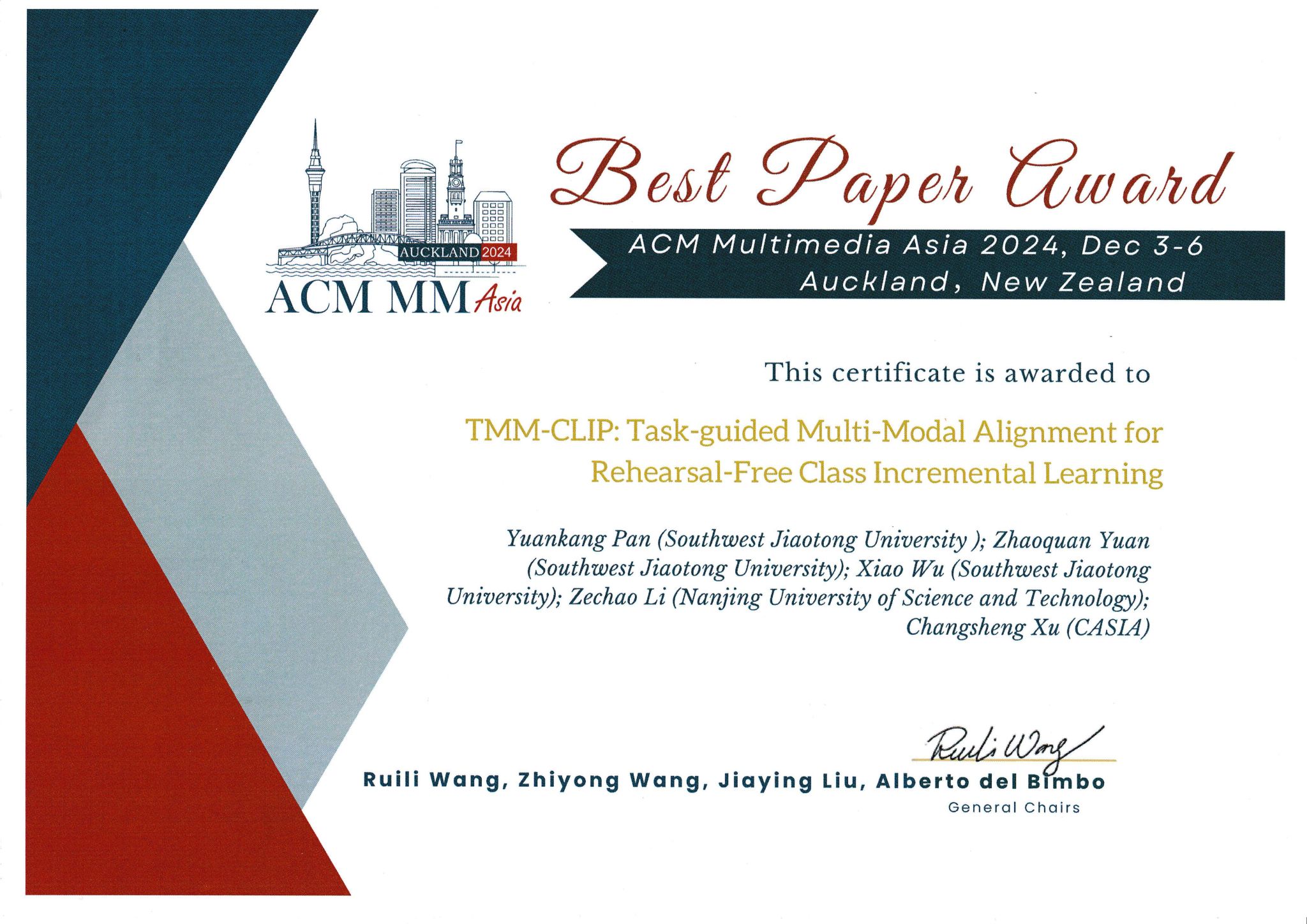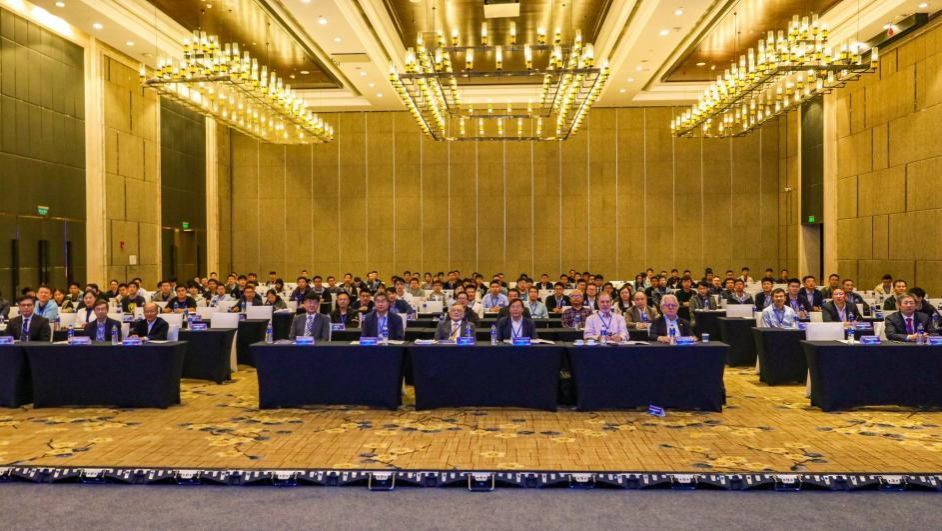Independently developed by Southwest Jiaotong University, the antibacterial materials for manned spacecrafts onboard the Shenzhou 12 returned to earth from Tianhe core module of Tiangong space station.
On January 16, the antiseptic wipe samples coming down from the space station were transferred from China Academy of Space Technology (CAST) to SWJTU at the handover ceremony held in Beijing. They are part of the antibacterial materials for manned spacecrafts developed by Prof. Zhou Zuowan and Associate Prof. Xu Xiaoling’s research team. After having been delivered to the space station by Tianzhou-2 cargo spacecraft, they were used by the crew on the Shenzhou-12 and sent back to earth with the re-entry module for tracing evaluation and further experiments. It is reported that among all the samples for trial use, they are the first to descend on earth from the station.
Tianhe core module, launched on March 29, 2021, unveils the construction of China’s space station. The antibacterial materials, developed by SWJTU and CAST, provide technical support to such a move, especially to the control of microbes in the modules. Since the space station came into service, SWJTU has provided more than 4,000 antiseptic products in three batches and maintained constant supply to safeguard astronauts’ health in the station and protect the microbial safety inside the modules.
In addition to the handover, a seminar was held on technologies of microbial prevention and control and antibacterial materials on manned spacecrafts, and Prof. Zhou made a presentation on the development and application of antibacterial materials for manned spacecraft modules.
 He Songlin Granted the Best Paper Award at IEEE IPCCC 2024
He Songlin Granted the Best Paper Award at IEEE IPCCC 2024
 Prof. Wu's Team Bestowed Best Paper Award at ACM Multimedia Asia 2024
Prof. Wu's Team Bestowed Best Paper Award at ACM Multimedia Asia 2024
 Alumnus Xi Yue Graced the Cover of 2024 Forbes 30 Under 30 China List
Alumnus Xi Yue Graced the Cover of 2024 Forbes 30 Under 30 China List
 The 15th Asia-Pacific Symposium on Engineering Plasticity and its Applications
The 15th Asia-Pacific Symposium on Engineering Plasticity and its Applications
 General Education Course on “Frontiers in AI Applications: Methods, Thinking, and Ethics”
General Education Course on “Frontiers in AI Applications: Methods, Thinking, and Ethics”